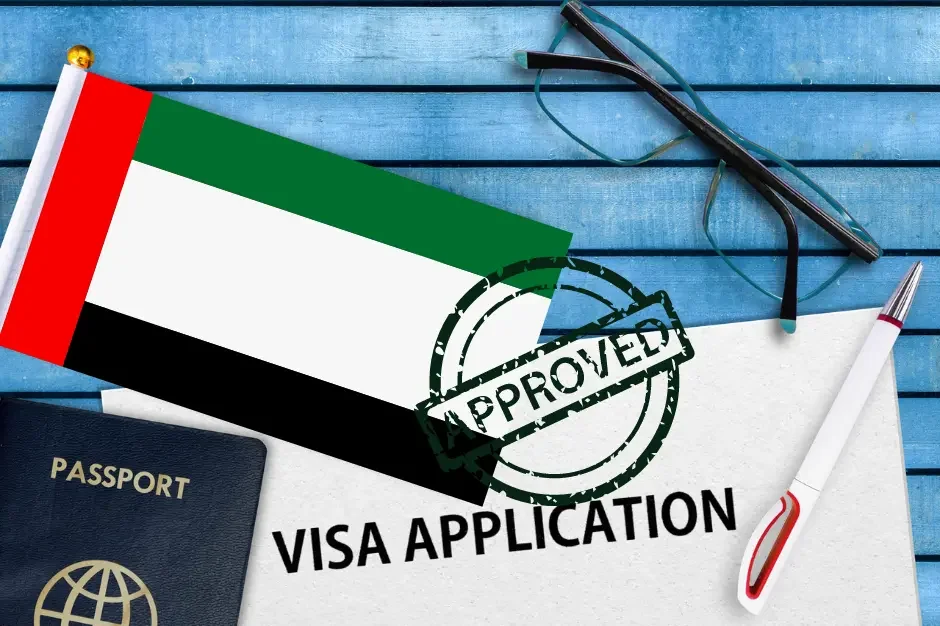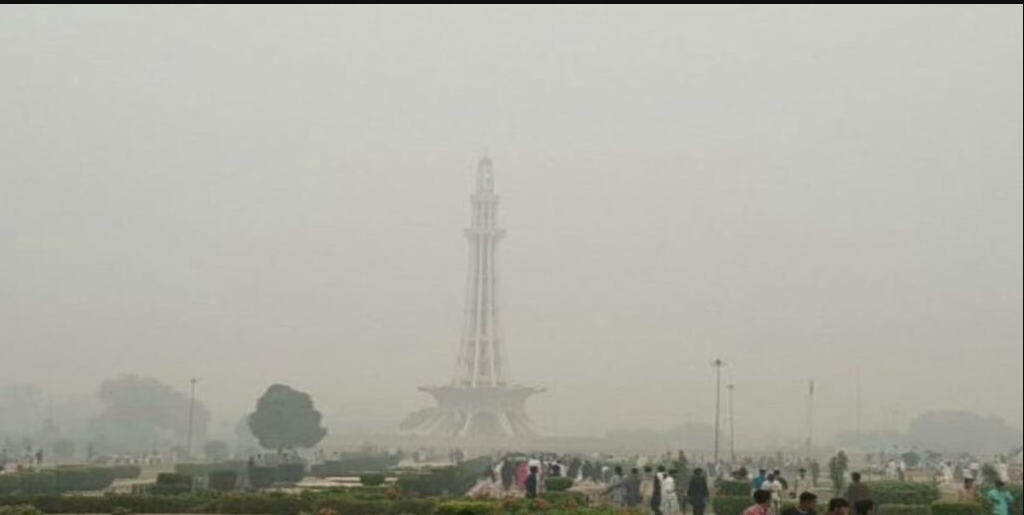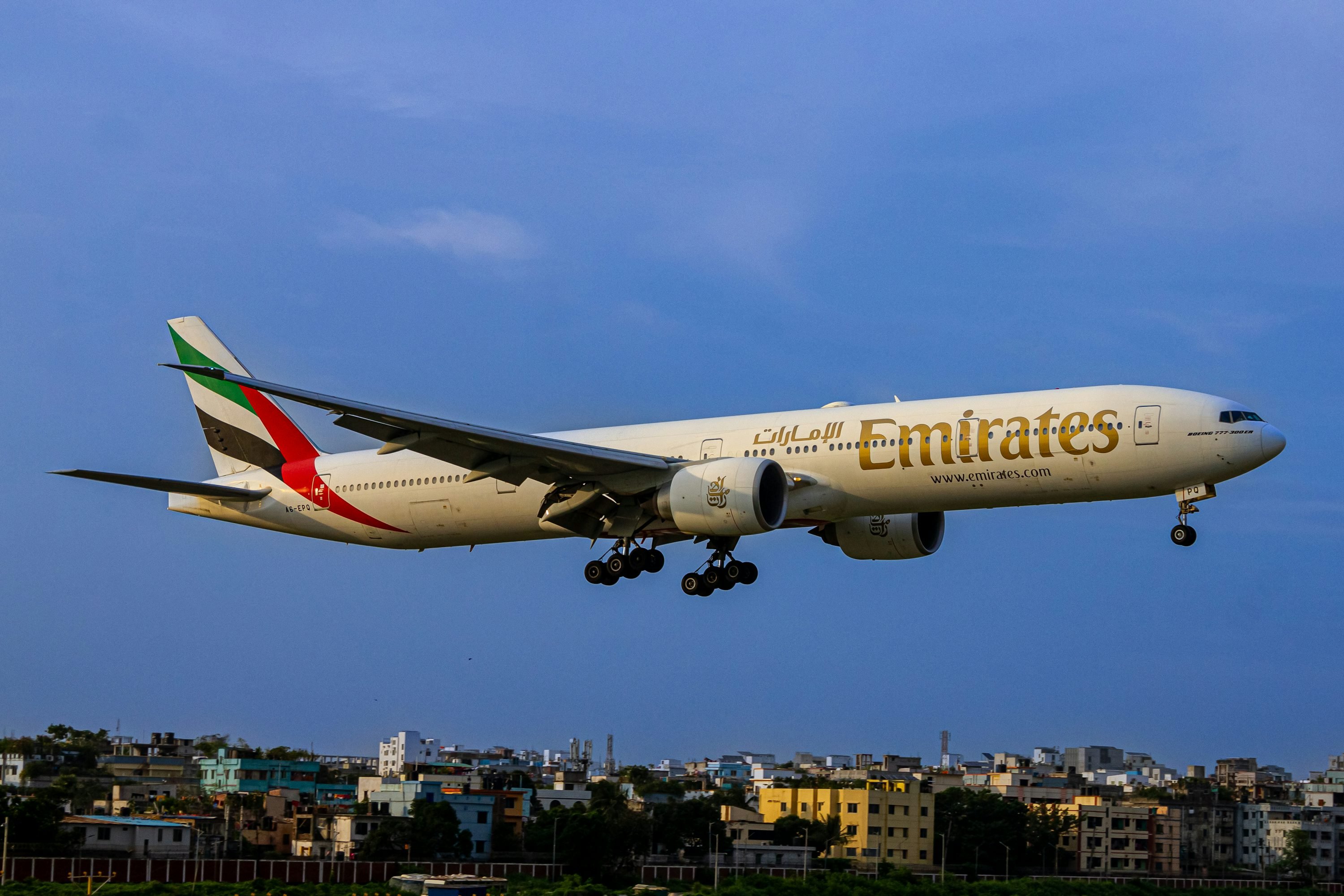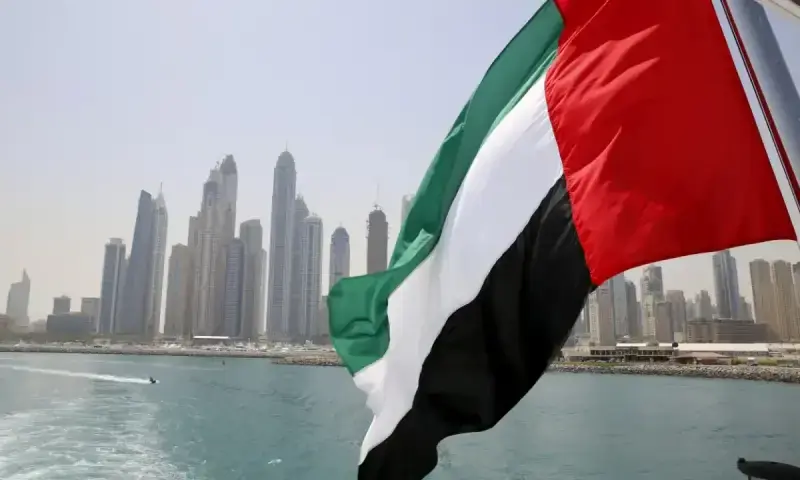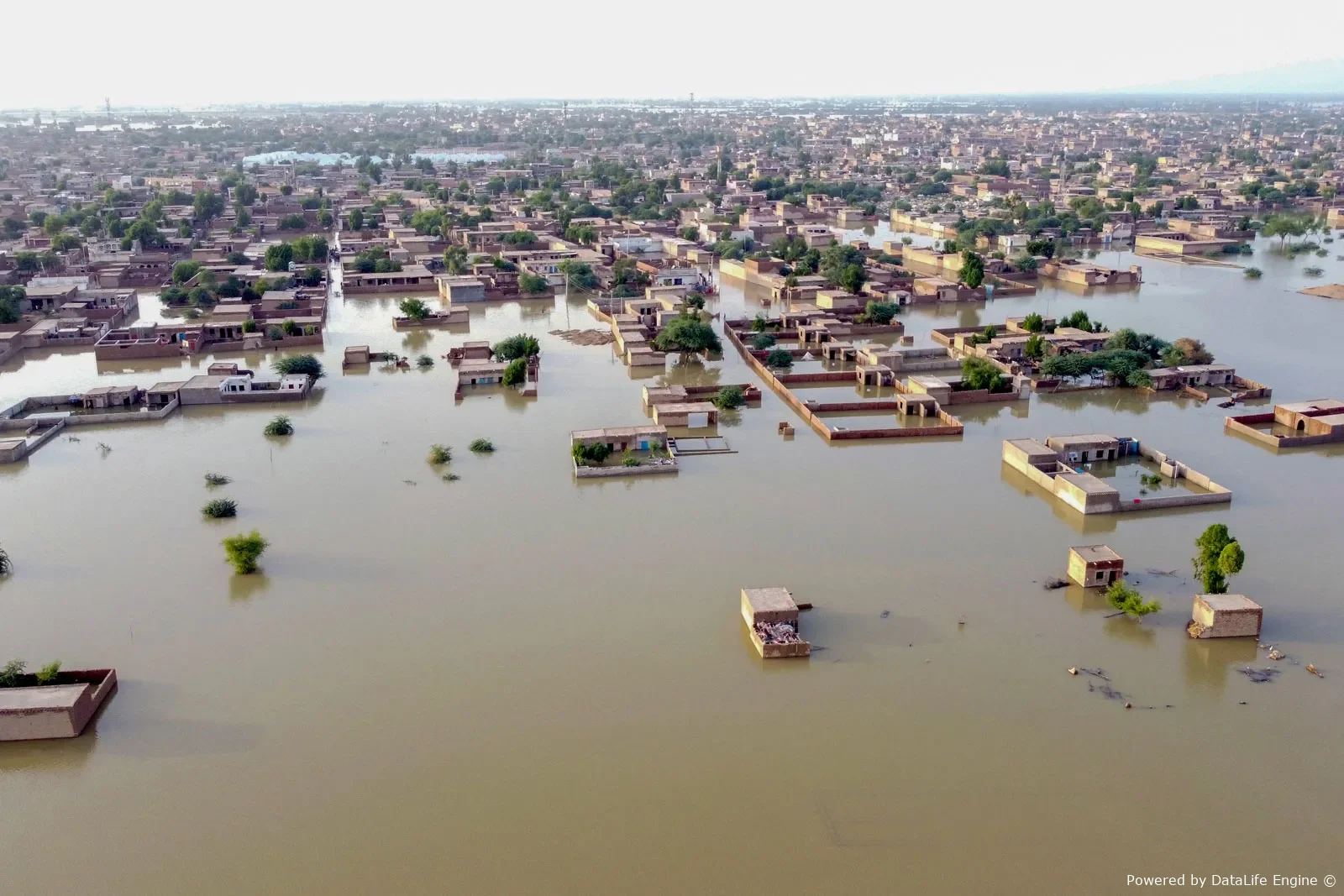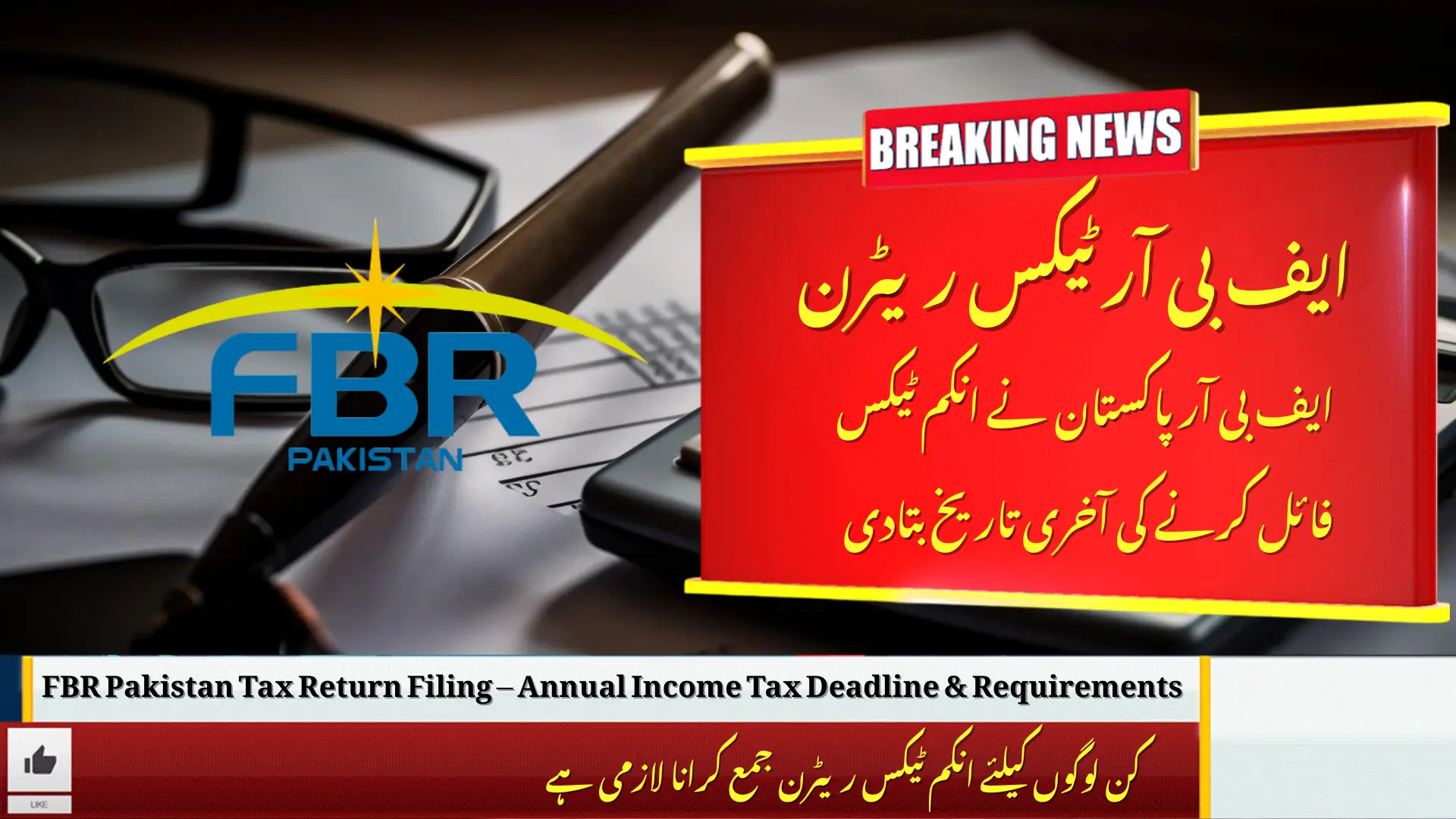The United Arab Emirates has introduced updated regulations for its visit visa system, reflecting a strategic shift aimed at enhancing the country's appeal as a global destination for talent, investment, and tourism. A key element of these changes is the introduction of new minimum salary requirements for residents who wish to sponsor visitors. Under the revised guidelines issued by the Federal Authority for Identity, Citizenship, Customs, and Port Security (ICP), residents must now earn at least Dh4,000 per month to sponsor immediate family members. Sponsoring extended relatives such as second- or third-degree family members requires a minimum monthly income of Dh8,000, while sponsoring friends comes with a higher threshold of Dh15,000.
In tandem with these financial requirements, the visa system has expanded to include six distinct categories that support the UAE’s broader goal of economic diversification. Among these are permits tailored to professionals in emerging and specialized sectors, including artificial intelligence and entertainment, as well as those participating in events or working in tourism via cruise ships and leisure vessels. The introduction of a humanitarian residence permit offers a renewable one-year residency option for eligible individuals, such as foreign widows and divorcees, without the need for a sponsor.
The reforms also open new pathways for business professionals, with a dedicated visa for exploring commercial opportunities. Applicants must show financial solvency or engagement in international business activities. In addition, truck drivers now have the option to apply for either single or multiple-entry visas, provided they fulfill criteria related to financial guarantees, health insurance, and applicable fees.
These changes, according to Major General Suhail Saeed Al Khaili, Director General of the ICP, were the result of extensive research and stakeholder consultation. They align with the UAE’s long-term vision of becoming a more competitive and livable environment, supporting growth in sectors such as technology, trade, transport, and tourism. By implementing a more structured and transparent visa framework, the country aims to attract skilled professionals while also improving the quality of life for both residents and visitors.


